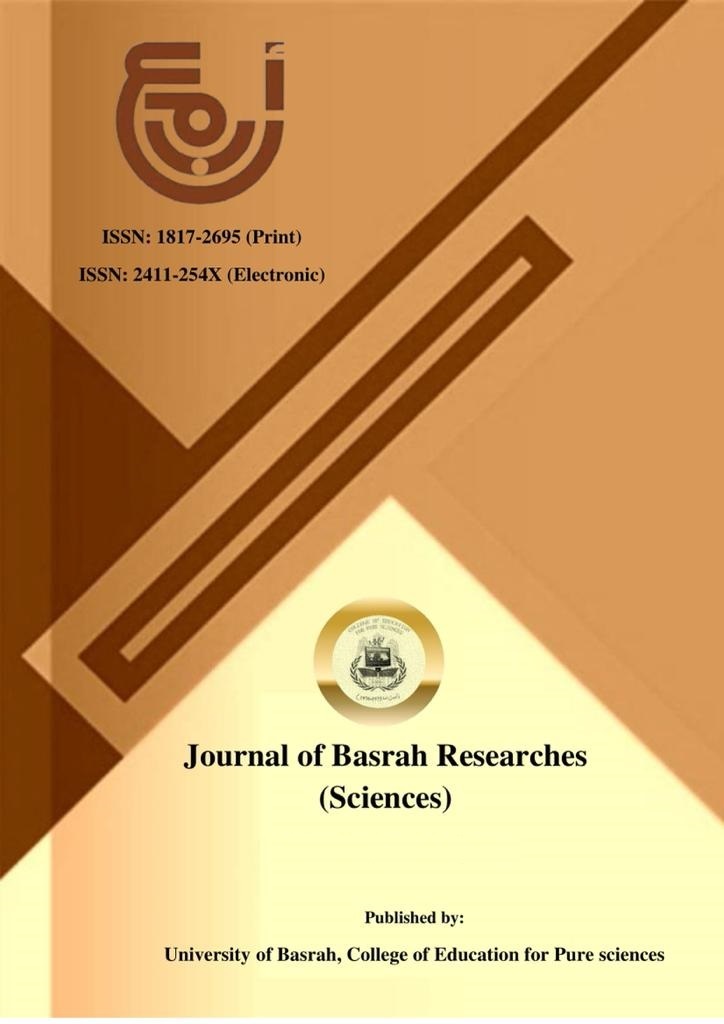Abstract
In Robotics, especially the autonomous mobile robot, navigation is the crucial part. Path planning -as a navigation sub-field- is considered one of the most important research fields. It aims to find the shortest obstacle-free path that agrees with the dynamic constraints for the robots moving between the starting and goal points. Rapidly-exploring Random Tree (Basic RRT) is one of the widely sampling-based planners used in the field of path planning, due to its ability to plan the path within high dimensional environments efficiently. On the other hand, Basic RRT suffered from the high cost and convergence rate, besides the non-optimal path problem (i.e. long-length and oscillating). In this context, the method of Hybrid RRT-A* is an improved variant of the Basic RRT which also has a problem with the path optimality that needs to be enhanced. In this paper, we proposed a method called (MT Hybrid RRT-A * regression-based) to overcome this problem and generate the near-optimal path. The length of the path that was remarkable in the worst scenario case for the MT Hybrid RRT-A-star RB was (101 unit), whereas for the Basic RRT and Hybrid RRT-A-star was about (134 and 121) respectively. Moreover, the concept of Multithreading programming was presented to achieve further -cost and convergence rate- enhancement. In the worst scenario case, the consuming time for (1000 execution) has been reduced for about (12.5%), while the number of the lowest time cases of the Multithread version against Singlethread for (50 execution) was (44:6).
Keywords
Configuration space
Convergence rate
Cost rate
Grid-map
mobile robot
Path planning
Regression-based
Keywords
Configuration space
Convergence rate
Cost rate
Grid-map
mobile robot
Path planning
Regression-based
